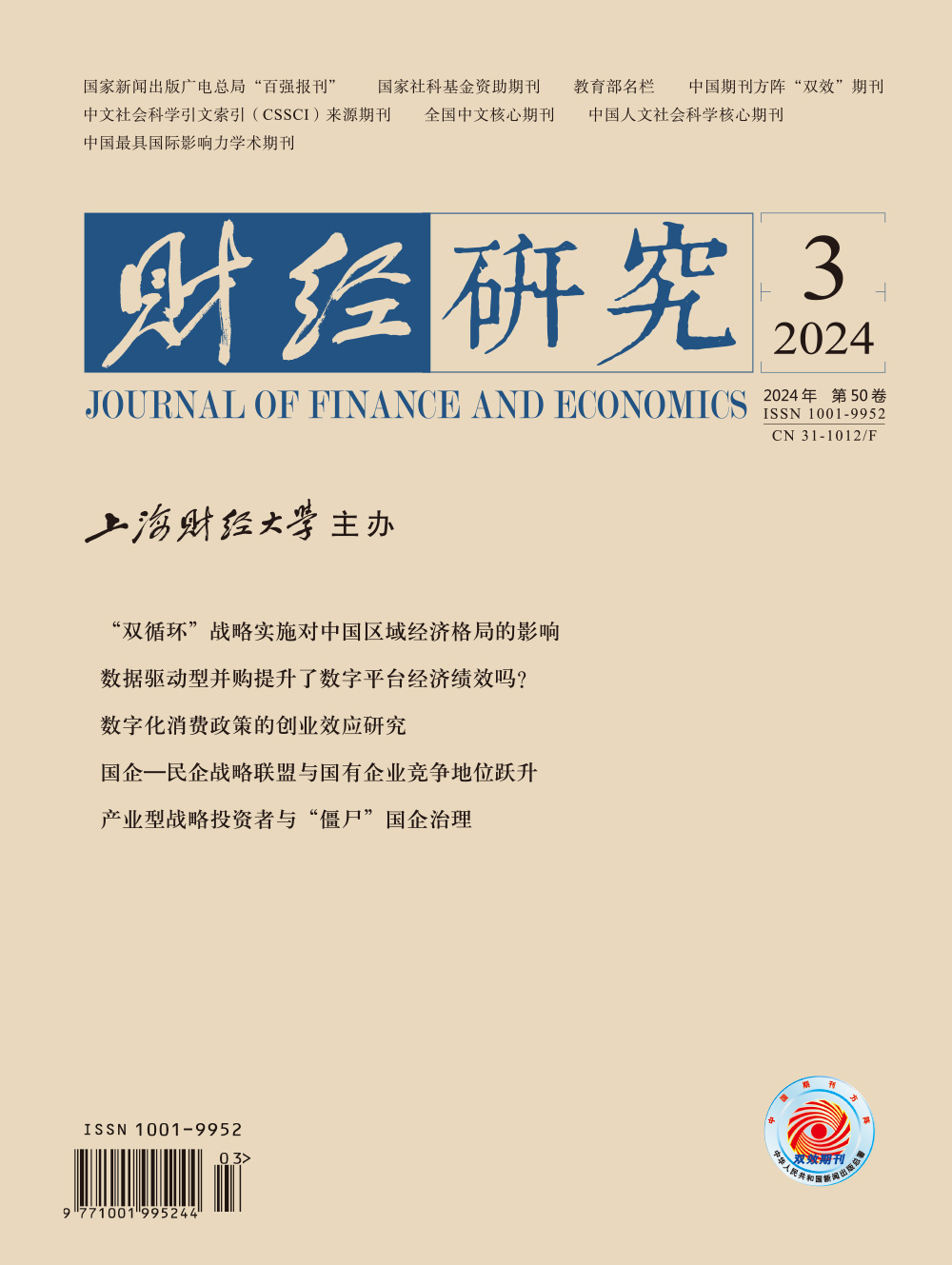The bond market has become an important direct financing channel to support the development of China’s real economy. Compared with private enterprises, an important feature of state-owned enterprise (SOE) bonds is that there is an implicit guarantee. The implicit guarantee of SOEs causes the distortion of risk pricing in China’s bond market and reduces the efficiency of resource allocation in the real economy. In order to change this disadvantage, since 2014, the rigid payment has been broken, and bond defaults have become normal. With the continuous occurrence of SOE bond defaults, we need to understand and analyze the market changes and impact ways brought by new defaults. Therefore, this paper intends to explore the issues through the “wake-up call” theory.
“Wake-up call” means that a crisis may form an external stimulus, and “wake up” investors to acquire information about the previously ignored information and reassess similar risk factors, thus leading to individual events triggering risk contagion in the financial market. Using the unexpected AAA-rated Yongmei’s default event as an exogenous shock, this paper adopts the DID method to verify that the risk of China’s bond market can be transmitted through the channel of “wake-up call”, and studies the degree, manifestation form, and influence channel concerning the reduced expectation of implicit guarantees caused by “wake-up call” contagion. It is found that the default event “wakes up” and significantly reduces the implicit guarantee expectation of AAA-rated SOE bonds. In addition to the traditional credit analysis dimension, on the ESG dimension, “wake-up call” also significantly reduces the implicit guarantee expectation of non-ESG SOE bonds. Further mechanism testing indicates that “wake-up call” has a negative correlation with the reduction of the implicit guarantee expectation of SOE bonds, which is closely related to local finance and local credit.
The main contributions of this paper are as follows: First, it uses the unexpected Yongmei’s default event as an exogenous impact to identify a new channel of risk contagion in China’s bond market, namely, “wake-up call” contagion, expanding the research framework of implicit guarantees. Second, it finds out the degree, characteristics, and mechanisms of the reduced expectation of implicit guarantees in the bond market after “wake-up call” contagion, deepening the research on implicit guarantees. Third, existing literature on the “wake-up call” theory mainly focuses on the cross-border contagion driven by a crisis, while this paper explores the effect of investor expectations on credit risk contagion in China’s bond market, expanding the application field of the “wake-up call” theory.





 4998
4998  8136
8136

